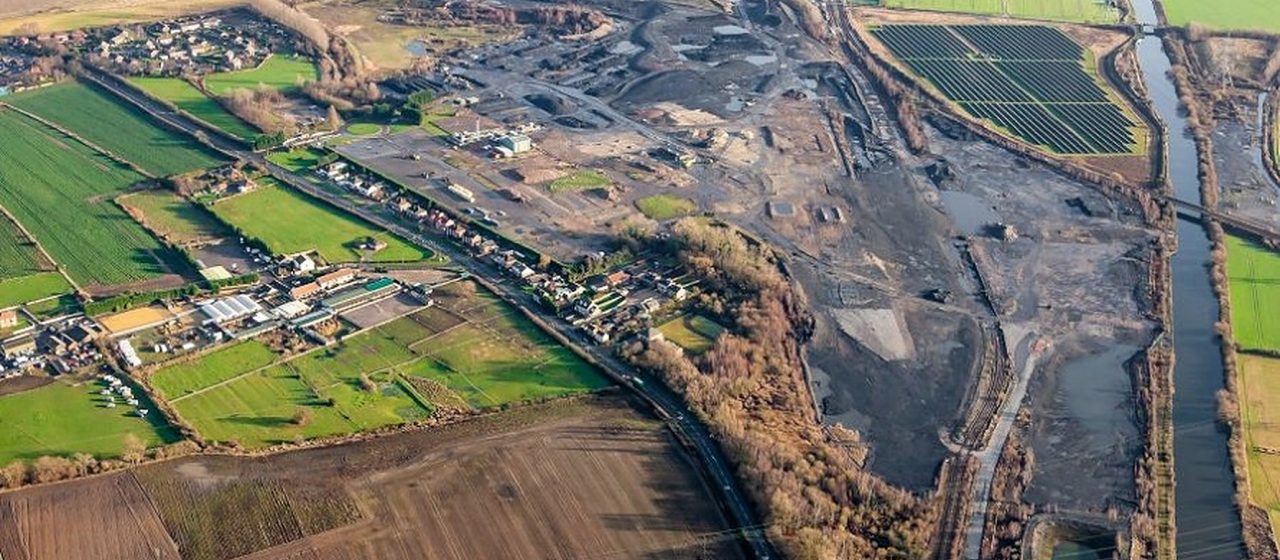
FORGOTTEN COMMUNITIES: DEPRIVATION CONTINUES AS COALFIELDS BECOME POLITICAL BATTLEGROUND
Oct 17
The former coalfields, which look set to become a key battleground in a general election, remain scarred by the legacy of the past confirms an independent report officially released today (Wednesday 16 October) at a cross-party reception in Westminster.
A generation on from the loss of a quarter of a million jobs in the UK coal industry, statistics on the former mining communities of England, Scotland and Wales expose on-going weakness in the local economy, extensive social and economic disadvantage, and widespread ill-health extending far beyond just ex-miners.
The UK’s former coalfields have a combined population of 5.7 million, which is roughly the same as a typical English region and more than the whole of either Scotland or Wales. The new report shows that:
- To raise the employment rate to the level in South East England would require 170,000 additional coalfield residents to be in work.
- The number of jobs in the coalfields has increased during the upturn but at only half the rate in the main regional cities and only a third of the rate in London.
- While unemployment is well down on peak levels, the coalfields still have significantly higher numbers of people out-of-work on other benefits.
- Low earnings have triggered widespread entitlement to Tax Credits, but by 2021 welfare cuts are expected to take a total of £2.4bn a year from coalfield residents.
- One-in-twelve of the entire population of the coalfields claim Disability Living Allowance or its replacement, Personal Independence Payment.
The new report, which provides the first piece of dedicated research on former mining communities since the State of the Coalfields Report 2014, was commissioned by The Coalfields Regeneration Trust and compiled by researchers at Sheffield Hallam University’s Centre for Regional Economic and Social Research.
The reality is 42 per cent of residents in coalfields live in the most deprived 30 per cent in the UK showing little change over the last five years.
Professor Steve Fothergill, who led the research, said:
“If the coalfields had been a region in their own right, all clustered together in one part of the country, the statistics would probably show the former coalfields to be the most deprived region in the UK.
“Whilst there is no question that the former coalfields have benefitted from the upturn the evidence that there has been ‘catching up’ is far less clear. Indeed, on some measures the coalfields are falling further behind.
“While physical aspects of coalfield regeneration have progressed well, the continuing social and economic problems suggest that action and funding across a broad front is still needed for some years to come.”
Peter McNestry Chairman of the Coalfields Regeneration Trust, said:
“Many of our communities may well be the key battleground for the next General Election which appears to be coming sooner rather than later.
“The challenge to all parties who have ambition to govern, is how they plan to address the ongoing issues in the heart of our communities so clearly demonstrated in this latest independent report.
“We are working up proposals with other key partners on what is required to address deep rooted issues around employment, skills and health and wellbeing. The commitment we need from politicians is that they will take the necessary action that is so clearly required.”
Calling for cross-party support, The Coalfields Regeneration Trust has ambitious plans that demonstrate, with the right interventions, communities can deliver change whilst contributing to the growth and prosperity of the national economy.
For further details about the Coalfields Regeneration Trust please visit, www.coalfields-regen.org.uk or call 01226 270800 and for regular updates follow @CoalfieldsRegen.






